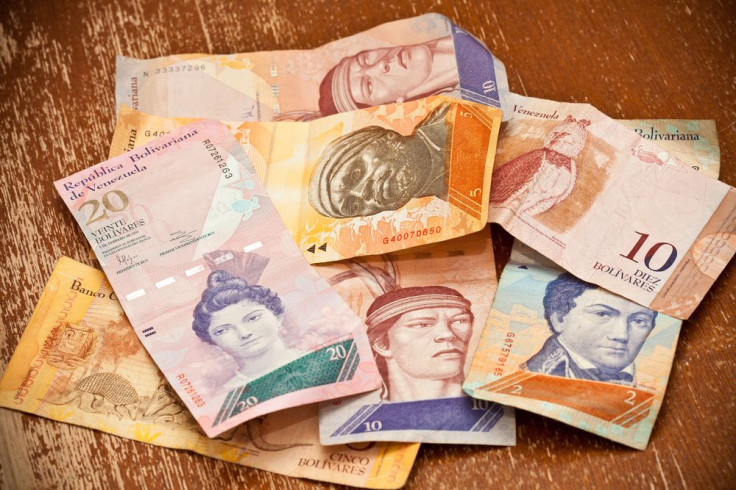
Simply put, the Venezuelan economy is far from stable. The protests from earlier this year, coupled with the South American nation's notorious shortages, leaves the socialist country economically vulnerable. In this political and economic context, it is not surprising that a thriving illegal currency market exists in Venezuela. What is surprising; however, is who runs it: Prostitutes.
According to Businessweek, prostitutes have become "dealers in currency exchange" due to their exposure to dollars. More specifically, prostitutes who are visited by foreign clients (namely, sailors) earn their pay in dollars. Inflation and the fall of the bolivar, Venezuelan currency, makes dollars a hot commodity and as such, prostitutes sell them to local businessmen for a higher rate.
The official currency exchange rate between bolivars and dollars is 6.3 bolivars to one U.S. dollar, but the going rate on the streets is starkly different — 71 bolivars per dollar. The street exchange rate allows prostitutes to double their income and afford the basic necessities they need from the black market, whether it be food or hygiene products.
The dire state of the bolivar wasn't always the case. In fact, prior to April 2013, when President Nicolás Maduro succeeded the late Hugo Chávez, the official exchange rate was 23 bolivars per dollar.
When President Nicolás Maduro took office in April 2013—succeeding the late Hugo Chávez—the bolivar was 23 to the U.S. dollar. In order to combat the value collapse and preserve the reserves in the treasury, the supply of dollars has been restricted by the government. No surprise that a new survey from the polling group Datanálisis found that the majority of the Venezuelan public (59.2 percent) disapproves of Maduro's performance as the leader of Venezuela.
© 2024 Latin Times. All rights reserved. Do not reproduce without permission.




